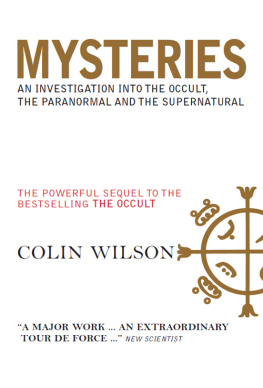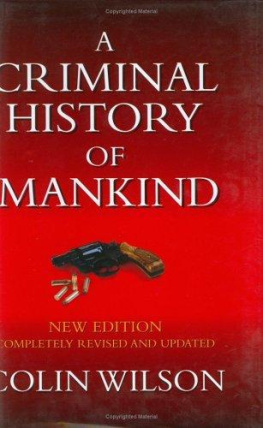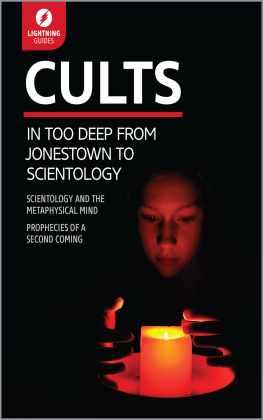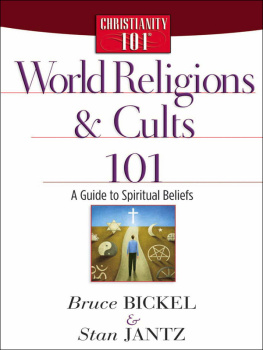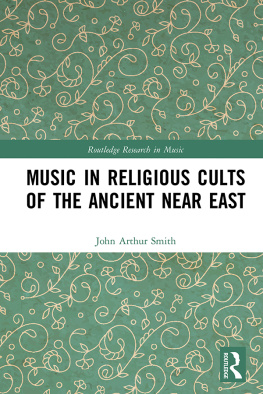
One Millerite met the writer Ralph Waldo Emerson walking with his friend Theodore Parker, and asked them if they did not realize the world was about to end. That doesnt affect me, said Parker, I live in Boston.
When midnight passed with no sign of Armageddon, the disciples ruefully went home. One farmer had given his farm to his son who was a non-believer, and who now declined to give it back. Most of the others had sold all they had. In this moment of depression, Miller suddenly had an inspiration: his calculations had been based on the Christian year, and no doubt he should have used the Jewish year. That would make the date of Armageddon the following 22 March. On that date, his followers once more gathered for the last Trumpet. Still nothing happened. One man wrote sadly: Still in the cold world! No deliverance the Lord did not come.
Millers 50,000 followers soon dwindled to a small band of true believers. Miller himself was not among them; he admitted sorrowfully that he had made his mistake through pride and fanaticism. Another follower made an even more penetrating comment, which might be regarded as the epitaph of any number of messiahs: We were deluded by mere human influence, which we mistook for the Spirit of God. Miller died five years later, a deeply chastened man, who recognized that he had been wasting his time in his biblical calculations. Few other messiahs have possessed his honesty.
In fact, very few had his opportunity, for a large proportion of them have died ignominiously. In 1172, an unnamed prophet from the Yemen was dragged in front of the Caliph, who demanded proof that he was a messenger from God. That is easy, replied the prophet. Cut off my head and I shall return to life. That would indeed be a sign, said the Caliph, and if you can do as you say, I will become your follower. Whereupon he signalled to his headsman. The head of the prophet rolled on the floor, and predictably the messiah failed to keep his promise.

William Miller, leader of the Millerites
The word messiah means anointed in Hebrew, and refers to the Jewish belief that King David will one day return and lead his people to victory. (Christ means the same thing in Greek.) The prophet Isaiah announced triumphantly that unto us a child is born, and that the Messiah would take the government upon his shoulders. Isaiah was writing roughly around 700 BC , after the Assyrians had conquered Israel and led its people (including the mythical lost tribes) into exile. Ever since then, certain men have become possessed of the conviction that they are the promised Messiah, and ordered their disciples to follow them to victory and kingship. None has so far succeeded.
In the first millennium, it was widely believed that the year AD 1000 would mark the end of the world. It failed to materialize, but there was plenty of war and bloodshed the Crusades, for example to encourage the believers to feel that the end was nigh. The roll-call of those who like William Miller have announced the end of the world is impressive, as we shall see in this book.
Women have also been among these prophets of the new Millennium, and a few have shown even greater fanaticism than their male counterparts. Perhaps the most gruesome example is the German prophetess Margaret Peter.




